A FEBS Summer Fellowship in Amsterdam in 2023

Carolin Haag is a PhD student working at the Hertie Institute for Clinical Brain Research, in Tübingen, Germany, in epilepsy research. Her 2023 FEBS Summer Fellowship was carried out in the group of Ruud Toonen at the Center for Neurogenomics and Cognitive Research (Vrije Universiteit), in Amsterdam, the Netherlands.
Why did you apply for a FEBS Summer Fellowship?
For a long time I have been considering undertaking an internship abroad to expand my knowledge within my field of research. However, I had some uncertainties regarding the practical aspects, particularly concerning financing. Hearing of the opportunity of the FEBS Summer Fellowship finally convinced me to conduct the internship and apply for this fellowship.
What was it like settling into your new lab/city?
I quickly found myself feeling comfortable. Most people in the Netherlands speak English very well, which made it easy for me to integrate. Moreover, my host lab comprised numerous PhD students from various nationalities, creating a vibrant atmosphere full with social opportunities and a constant buzz of activity. Of course, I also wasted no time in getting myself a bike, as it is the most common and typical form of mobility in Amsterdam.
What was the main benefit for your research/thesis?
The primary objective of my research stay was to learn more about the methodology of iPSC-derived autapse cultures, a neuronal single-cell model system ideal for studying synaptic processes. Throughout the stay, I significantly expanded my expertise in cell culture techniques and successfully conducted electrophysiological measurements, achieving the intended research goals. Moreover, the collaborative environment allowed me to work on additional projects. I think the main benefit, however, is to gain new perspectives on my own project and to get new ideas through the exchange with other young researchers.
What else did you learn or enjoy?
I was amazed by how much you can accomplish in just three months with good planning of experiments. It is something I have really embraced and put into practice back in my lab, and I am already seeing the positive impact! Outside the lab, I really enjoyed cycling along the canals in the lively atmosphere of this city. It is an experience that I will never forget.
What are you current/next aims?
At the moment, I am focusing on completing the final experiments for my doctoral thesis. This research stay has given me new motivation for the last stretch. While I don't have specific plans for after completing my PhD, I am passionate about neuroscience, and I am confident that I'll find my way forward.
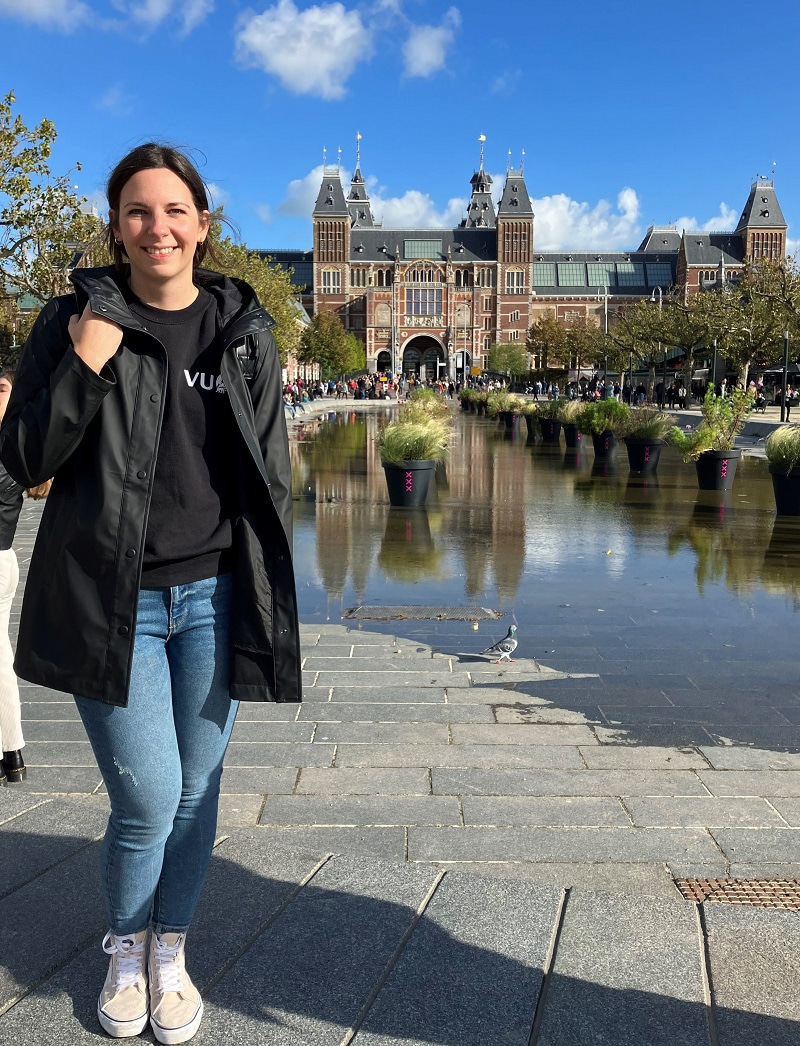
Photo by Carolin Haag
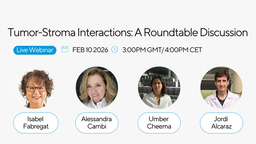
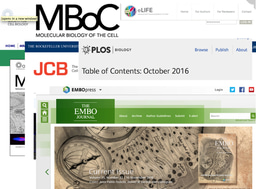
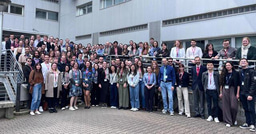
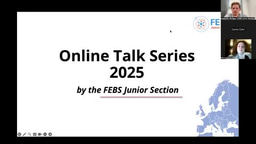

Join the FEBS Network today
Joining the FEBS Network’s molecular life sciences community enables you to access special content on the site, present your profile, 'follow' contributors, 'comment' on and 'like' content, post your own content, and set up a tailored email digest for updates.